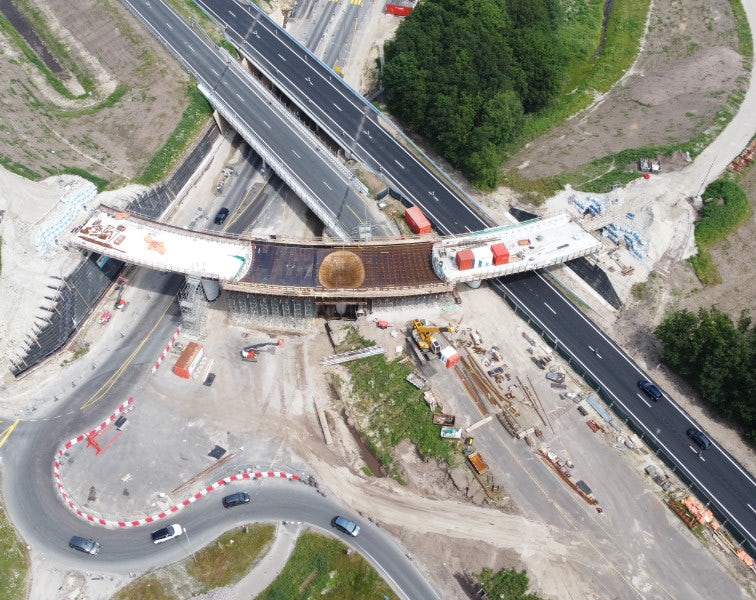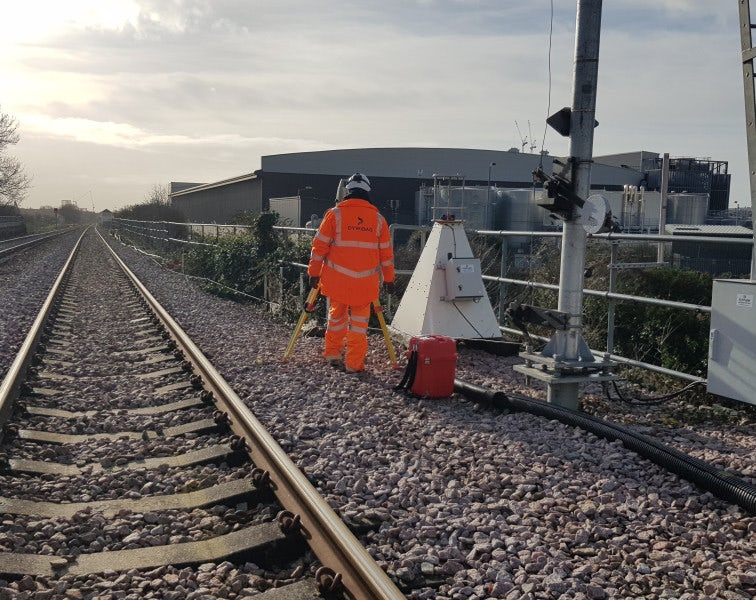Transport
Supporting the ground beneath the world's ever-changing road, rail, and transport networks

Transport networks worldwide undergo constant change, wear and tear—and, as a result, need ongoing expansion, development, and repair.
Geotechnical systems
The expansion of motorways by adding more lanes often requires comprehensive earthworks—and results in the formation of high, steep embankments in the cut slopes and hills. DYWIDAG geotechnical products are used above and below ground on the transport network to stabilize, strengthen and rehabilitate your infrastructures.
DYWIDAG ground anchors and soil nails are regularly used in the construction of new highways, as well as for the upgrade of existing structures, slopes and cuttings. Soil nails are often preferred to reinforced earth solutions, as they are able to provide in-situ reinforcement to cut faces or existing slopes; while ground anchors are used on structures where a hard solution is required, typically in areas of higher stress, such as increased slope gradients or reduced access corridors.
Monitoring and surveying
We have provided testing, monitoring, and surveying services to the transport sector since 1999—supporting a wide range of assets from highway structures and runways to waterways and marine infrastructure.
We also provide automated monitoring for railway earthworks, structures, permanent way, buildings, overhead line equipment (OHLE), and other critical assets.
Our manual and automated monitoring of geotechnical systems and assets supports infrastructure across the transport sector—measuring conditions, status change, and the surrounding environment. Asset data pinpoints the root cause of structural problems for diagnosis and repair and informs confident budgeting decisions—making infrastructure safer, stronger, and smarter.
Smart systems can predict external incidents like floods and snow that can affect structural safety—and detect structural problems before they become serious.
![[object Object]](/_next/image?url=https%3A%2F%2Fimages.ctfassets.net%2Fwz1xpzqb46pe%2F3WLfj57Sl5jqJavm3DPygw%2F33ba3618804cb75cca959df3fc4968bb%2Fpexels-aleksejs-bergmanis-681335.jpg%3Fw%3D1700%26h%3D760%26fm%3Djpg%26fit%3Dfill%26q%3D75&w=3840&q=75)

